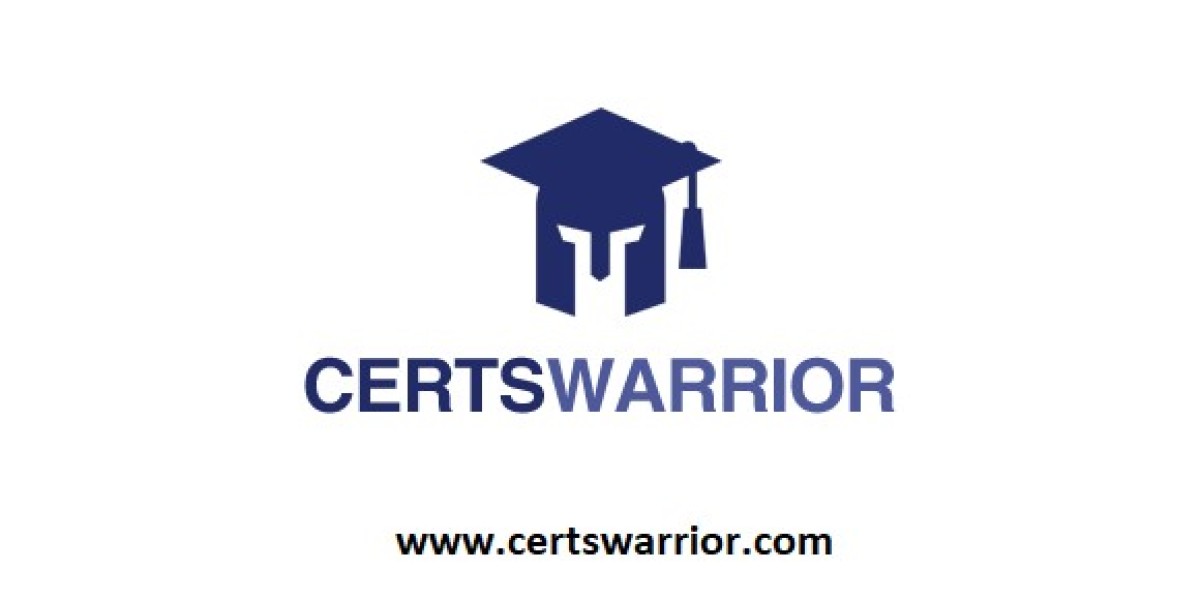Understanding the Funeral Service Certification Exam Structure
The Funeral Service Certification Exam is designed to evaluate the knowledge and skills required to provide funeral services with professionalism, sensitivity, and adherence to legal and ethical standards. The exam consists of two components: a written theory exam and a practical skills assessment.
The written theory exam typically consists of multiple-choice questions that cover various aspects of funeral service, including funeral law and regulations, embalming procedures, funeral arrangement and planning, grief counseling, ethics, and business management. The practical skills assessment involves demonstrating proficiency in embalming techniques, restorative art, dressing and casketing, and conducting funeral services.
The exam is administered by professional organizations such as the National Funeral Directors Association (NFDA) and the International Conference of Funeral Service Examining Boards (ICFSEB). The specific requirements and passing scores may vary depending on the jurisdiction.
Key Topics Covered in the Funeral Service Certification Exam
To excel in the funeral-service Certification Exam, it is crucial to have a solid understanding of the key topics that will be assessed. Here are the main areas you need to focus on while studying for the exam:
Funeral Law and Regulations: Familiarize yourself with the legal and regulatory aspects of the funeral service industry, including state and federal laws, licensing requirements, and ethical guidelines.
Embalming Procedures: Understand embalming techniques, including arterial embalming, cavity embalming, embalming fluids and chemicals, and safety protocols.
Funeral Arrangement and Planning: Learn how to effectively communicate with bereaved families, assist in making funeral arrangements, and coordinate various aspects of a funeral service, including viewing, memorial services, and burial or cremation options.
Grief Counseling: Acquire knowledge and skills related to grief and bereavement counseling, providing emotional support to grieving individuals and families, and understanding the stages of grief.
Restorative Art: Develop proficiency in restorative art techniques, such as cosmetics application, tissue building, and reconstructive procedures, to enhance the appearance of the deceased.
Funeral Service Ethics and Professionalism: Understand the ethical considerations involved in the funeral service industry, including confidentiality, cultural sensitivity, and maintaining professional boundaries.
H2: Study Resources and Preparation Tips
To succeed in the career Funeral Service Certification Exam, it is important to have a well-structured study plan and utilize effective study resources. Here are some recommended resources and preparation tips:
Funeral Service Textbooks and Study Guides: Utilize comprehensive funeral service textbooks and study guides that cover the exam topics in detail. These resources provide a solid foundation of theoretical knowledge and practical techniques.
Practical Experience and Mentorship: Seek opportunities for hands-on experience in a funeral service setting. Working with experienced professionals and mentors can provide invaluable guidance and practical insights.
Review Course Materials: Consider enrolling in a review course specifically designed for the career exam Funeral Service Certification Exam. These courses often cover exam-specific content and provide practice questions and exam strategies.
Online Resources and Practice Exams: Take advantage of online resources that offer practice exams and sample questions. These resources can help you assess your knowledge, identify areas for improvement,







